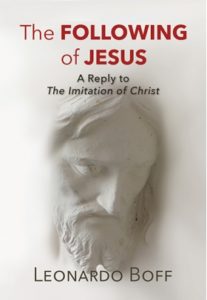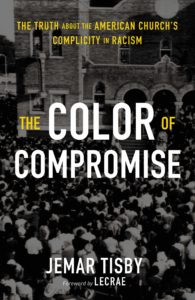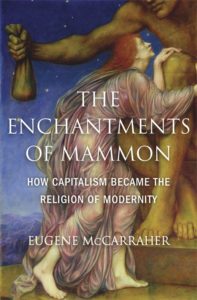 A Transpacific History of How America Repealed Asian Exclusion
A Transpacific History of How America Repealed Asian Exclusion
In Opening the Gates to Asia, historian Jane H. Hong documents the struggle of Asian Americans and their allies to repeal racially discriminatory laws that excluded Asian immigrants from the United States. Hong reveals that this was not a singular campaign, but part of a prolonged movement. It was related, but distinct, from black civil rights efforts, and deeply intertwined with the United States’ interventionist policies abroad. Hong’s book shows how immigration to the United States has undergone a pivotal transition over the course of the twentieth century, ultimately rejecting the notion that the United States could only welcome white Europeans.
For more information on the publication, click here.
Reviews and endorsements of the publication include:
“Jane Hong offers an impressive examination of the multiple forces that shaped America’s repeal of Asian exclusion, and adds depth and nuance to U.S. immigration history, braiding it with the history of U.S. diplomacy and civil rights. By investigating the dismantling of the Asian exclusion regime, Hong refines understandings about the United States’s growing internationalism and underscores its transpacific shift during the early twentieth century.”—Cindy I-Fen Cheng, University of Wisconsin-Madison
“This book contains compelling analysis, astute observations, and a number of new and important sources. Hong makes intriguing and complex arguments while tracing the complicated transpacific struggle for repealing exclusion.”—Charlotte Brooks, Baruch College
“Opening the Gates to Asia is a stunning and original work that offers a comprehensive analysis of how the United States liberalized its exclusionary immigration policy. Jane Hong emphasizes the significance of the global and the international by foregrounding U.S. empire (as it transformed from a formal to an informal one), the influence of Asian and Asian American political actors within an expansive geography, and a comparative understanding of civil rights and social movements. This book, based on extensive archival research, brings into conversation disparate fields of study to offer a transpacific analysis of the intertwining of U.S. imperial and immigration policies.”—Judy Tzu-Chun Wu, University of California, Irvine
Fellow travelers are scholars, activists, and practitioners that embody the ideals and commitments of the Project on Lived Theology. We admire their work and are grateful to be walking alongside them in the development and dissemination of Lived Theology.



 The Truth about the American Church’s Complicity in Racism
The Truth about the American Church’s Complicity in Racism




